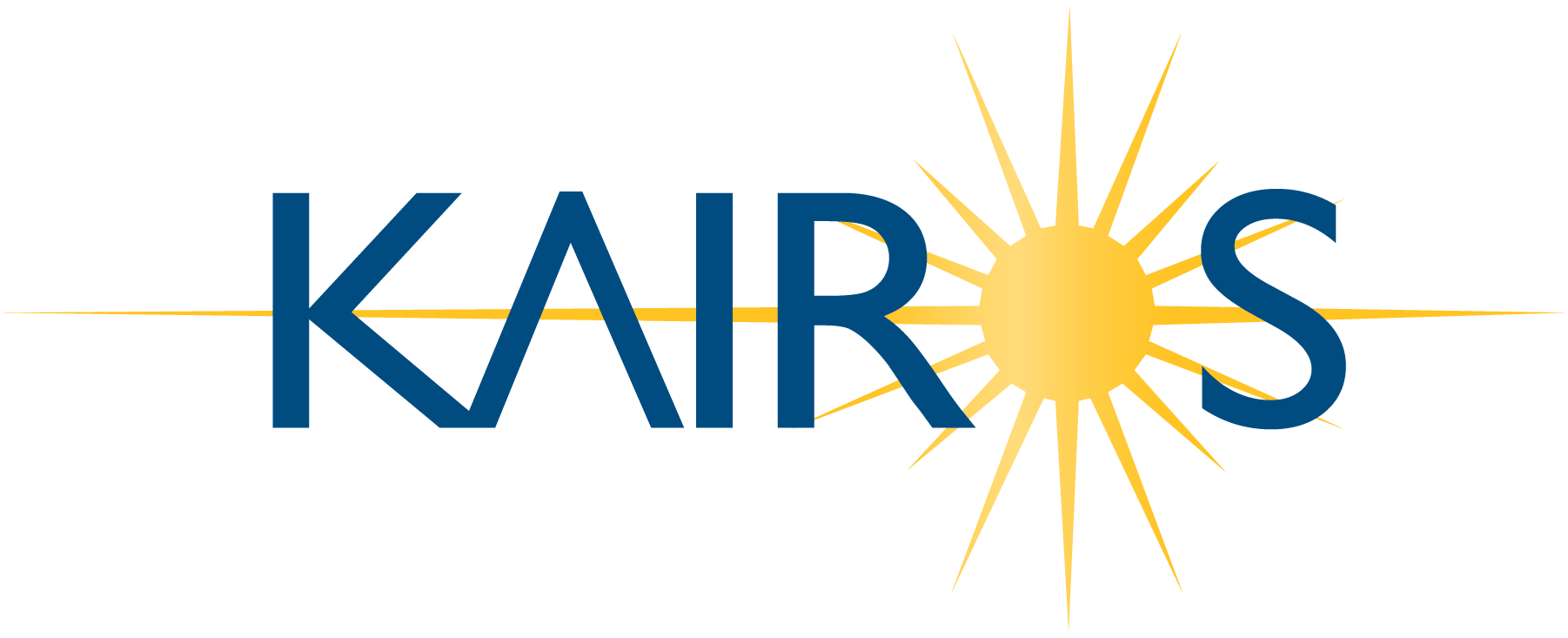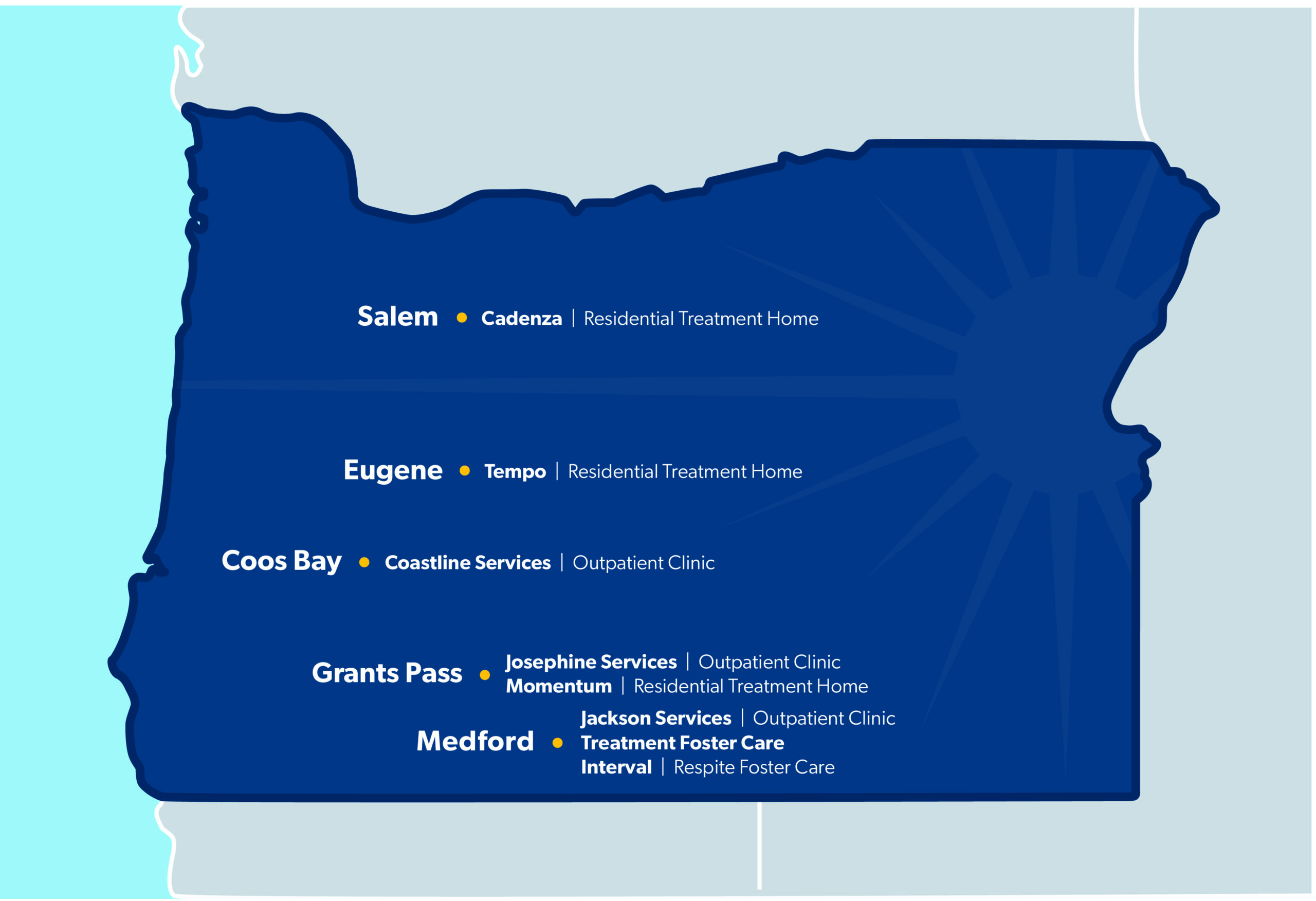K airos Residential Treatment Homes (RTH) are clean and sober houses located within residential communities in Grants Pass, Eugene, and Salem. They are designed to provide room and board, mental health services, and community integration to five young adults ages 17 to 24 who experience mental and/or behavioral health conditions and corresponding challenges.
Each resident and/or their guardian/legal representative enters into a Residency Room and Board Agreement with Kairos which allows them to gain rental history while occupying a private, locking bedroom within a home-like setting. Community areas of the home including a living room, recreation room, kitchen, dining room, laundry room, and outdoor areas, are shared among residents and staff. There are two restrooms in each home with showers that are used exclusively by residents. Natural supports and treatment team members are valued and welcome visitors.
The home is staffed 24 hours a day, 365 days a year with qualified mental health staff. Mental health services are offered and delivered within the home setting including individual and group psychotherapy, family therapy, behavioral counseling, skills training, peer support, case management, medication management, and personal care services. Residents may choose to utilize outpatient mental health services as well. Kairos’s services are non-coercive, trauma informed, and determined by regular and consistent feedback from the resident and/or their guardian/legal representatives using Feedback Informed Treatment (FIT). FIT ensures the resident’s goals, services, and service providers are individualized to the needs and preferences of the resident.
Residents receive assistance, support, and training in gaining life skills, participating in leisure/recreational activities within the home and community, gaining educational achievement, obtaining employment, and volunteering. Additional services and resources may be accessed in the community including but not limited to medical, vision, and dental. Kairos does not use punitive responses or interventions such as rewards and punishments, coercion, or withholding services or resources. We do not employ “high-risk” interventions, such as restraint and seclusion. Instead, RTH staff partner with residents to maximize opportunities to work towards their goals, manage their symptoms, improve functioning and well-being, increase autonomy and independence, and make the transition into independent living or a lower level of care.






